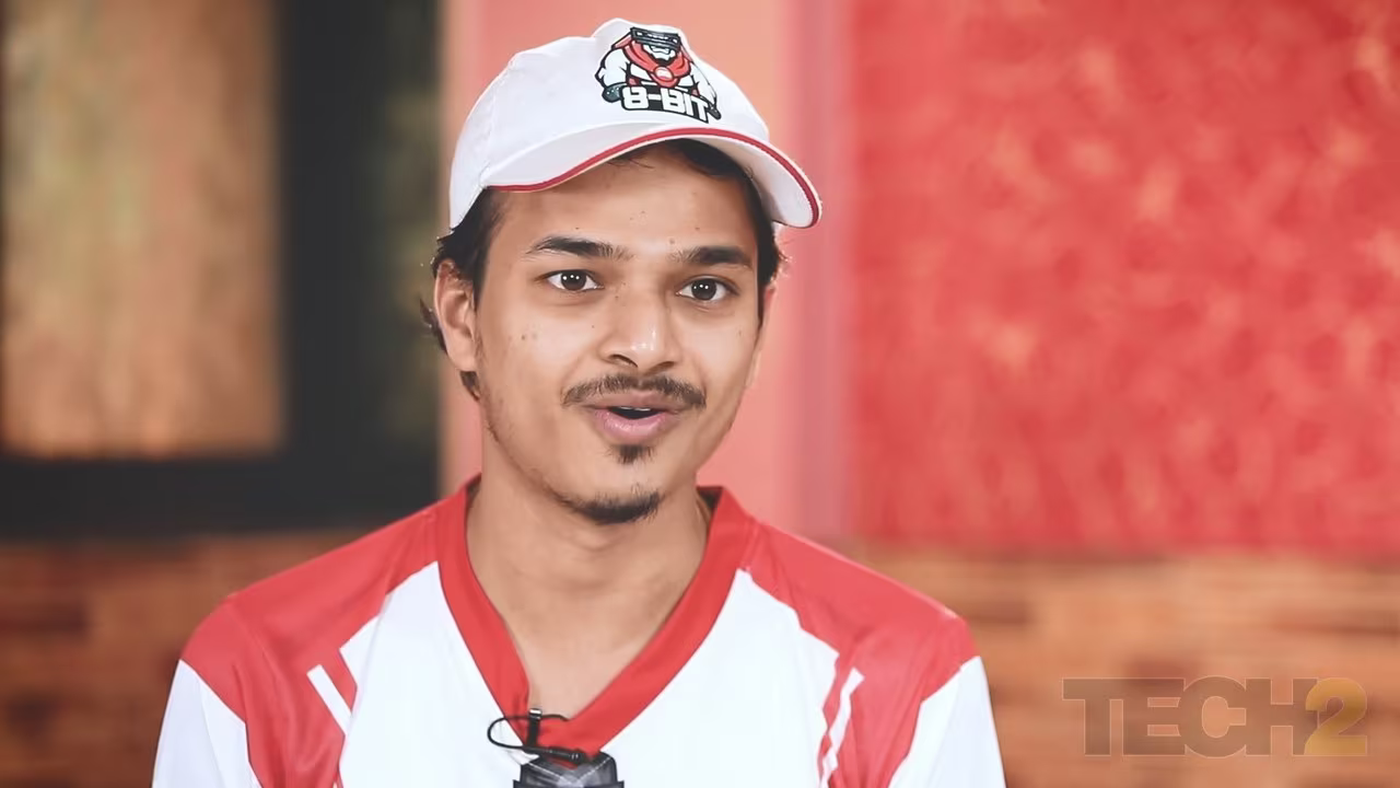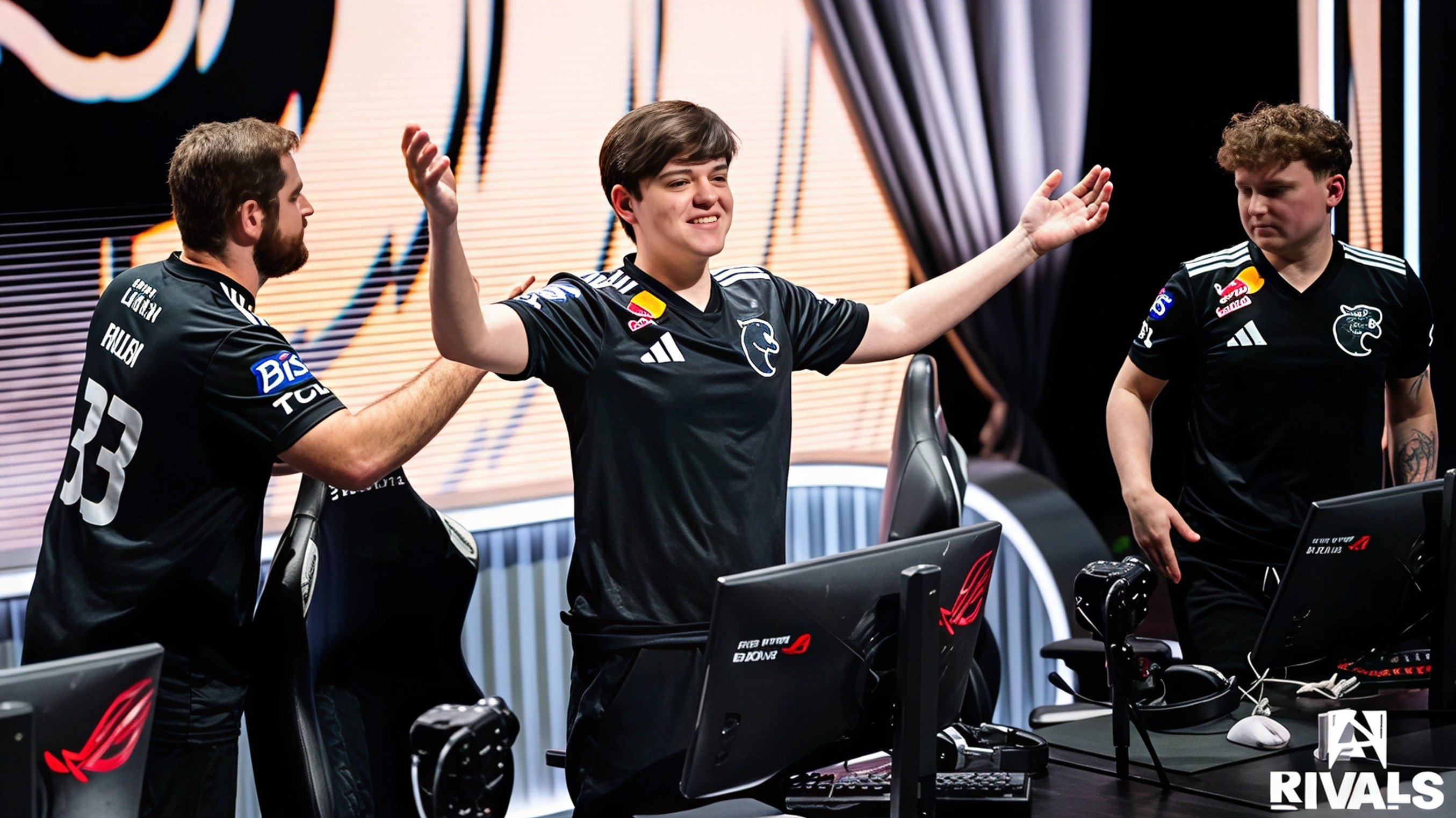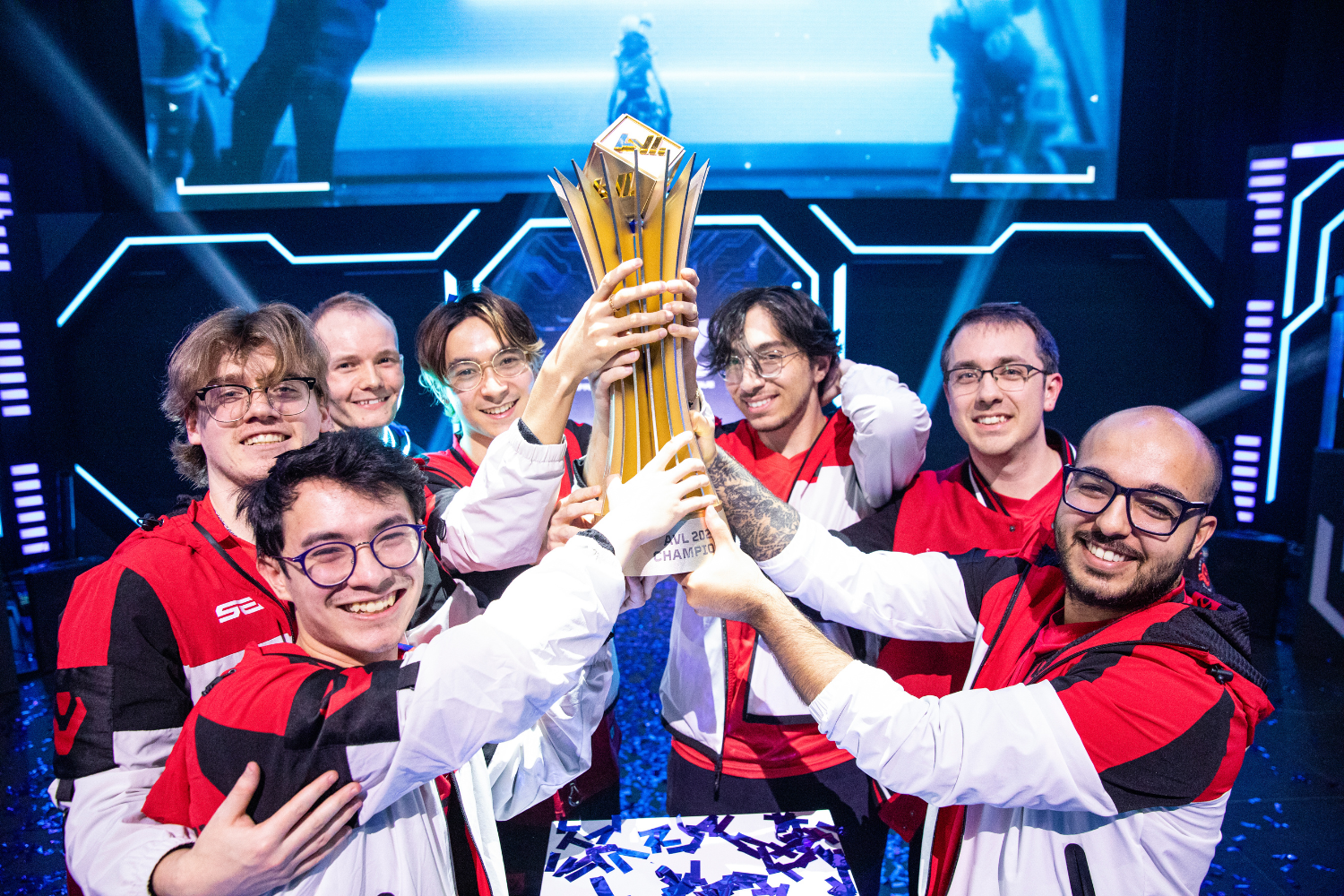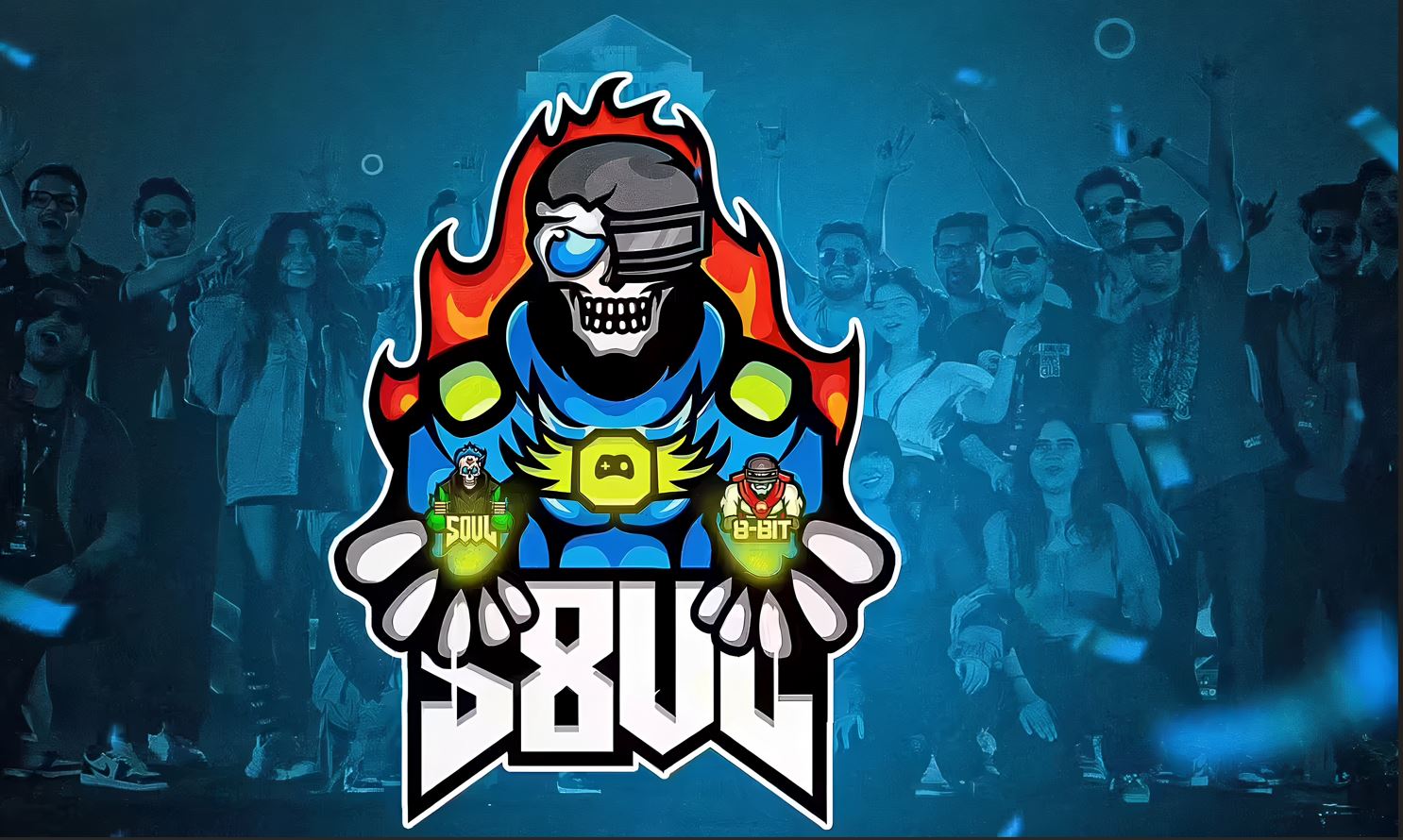Animesh "Thug" Agarwal, a prominent figure in the Indian Gaming Community (IGC), recently shared insights on the challenges facing esports organizations in India. Thug, who is the founder and owner of Team 8Bit, co-owner of S8UL Esports, and CEO of 8Bit Creatives, has been a significant contributor to the esports scene since 2018. His recent livestream discussed the potential shutdown of multiple esports organizations due to a lack of long-term vision.
Issues Plaguing Esports Organizations
During his livestream, Thug pointed out that many esports organizations entered the industry with short-term goals, primarily focused on quick financial gains. Unfortunately, these organizations have struggled both financially and in terms of gaining respect within the community. Thug emphasized the importance of such shutdowns for the overall health of the esports ecosystem, stating that only those with a long-term vision for the future are likely to survive and thrive.
Growth and Challenges of the Esports Industry
Since the lifting of the ban on Battlegrounds Mobile India (BGMI) in May 2023 and the introduction of popular PC titles like Valorant and Counter Strike 2 (CS2), the Indian esports scene has seen a rapid increase in the number of organizations. However, many have failed to establish a stable presence and have ceased operations due to financial instability or inadequate planning.
S8UL Esports and 8Bit Creatives: A Comparative Insight
Thug also discussed the financial aspects of his ventures, revealing that while S8UL Esports is not yet profitable due to the reluctance of brands to invest substantial amounts, his talent management company, 8Bit Creatives, has been successful. This disparity highlights the varied nature of business models within the esports and gaming industry and the importance of diversification and strategic planning.
The Road Ahead for Esports
The insights shared by Thug shed light on the critical need for esports organizations to adopt long-term strategies rather than focusing solely on immediate profits. As the industry continues to grow, sustainability will become increasingly crucial, necessitating better business practices and more substantial support from broader stakeholders in the gaming community.
Thug's comments not only reflect the current state of the esports industry in India but also serve as a cautionary tale for new and existing organizations to prioritize robust, sustainable business models over short-term gains. As the landscape of Indian esports continues to evolve, the success of organizations will likely hinge on their ability to adapt and plan for the future, ensuring they can withstand the pressures of an increasingly competitive market.








